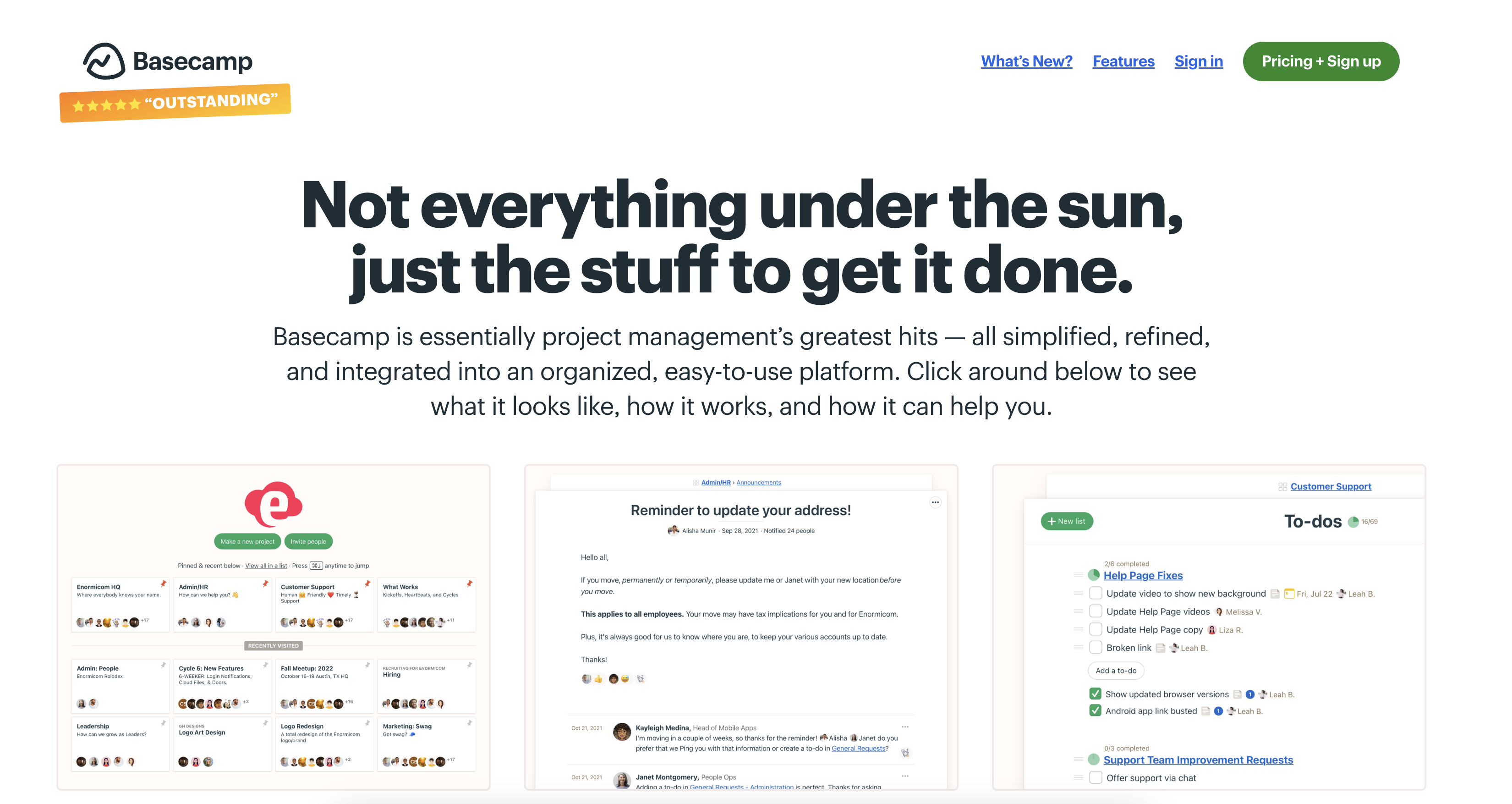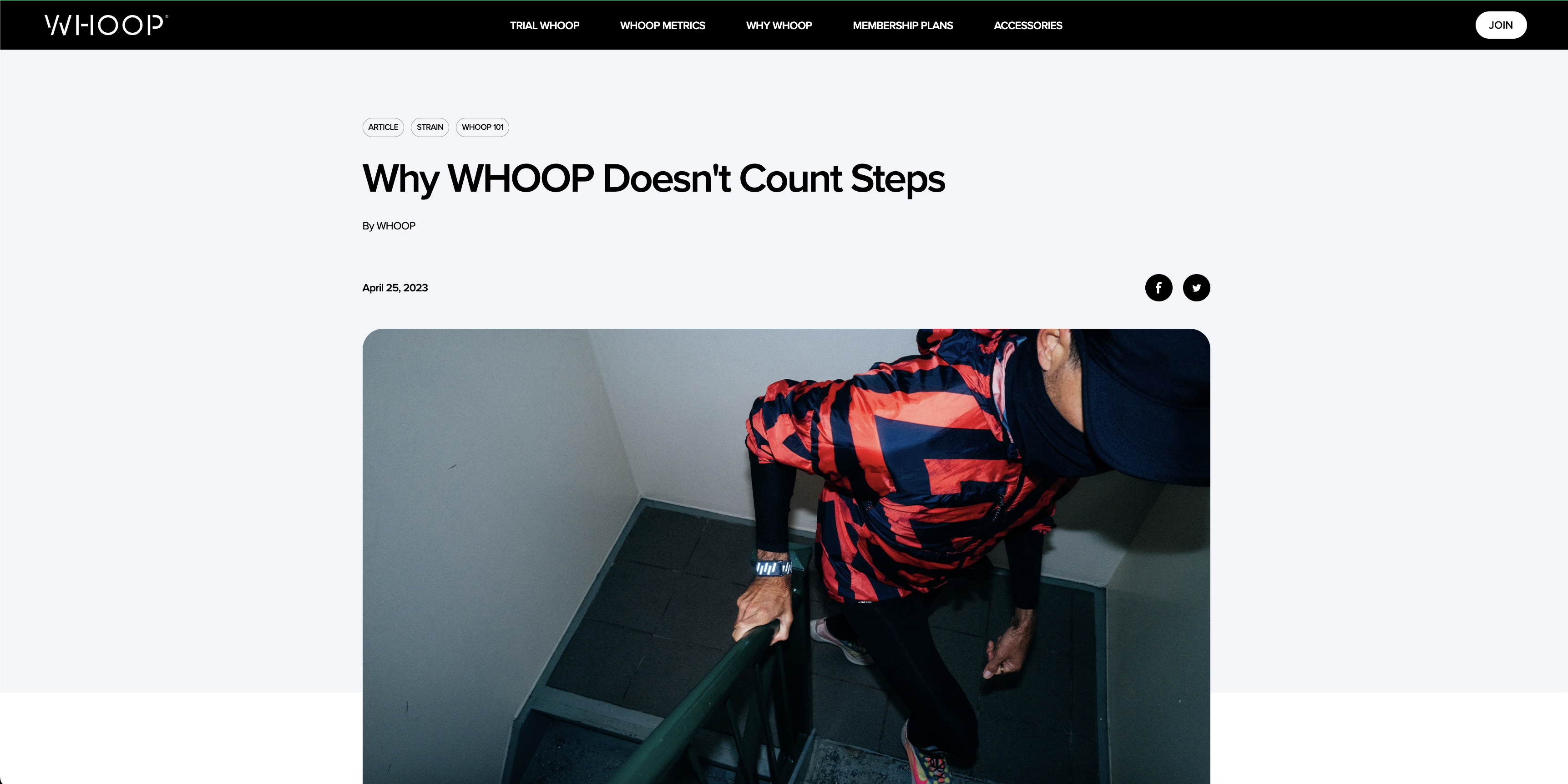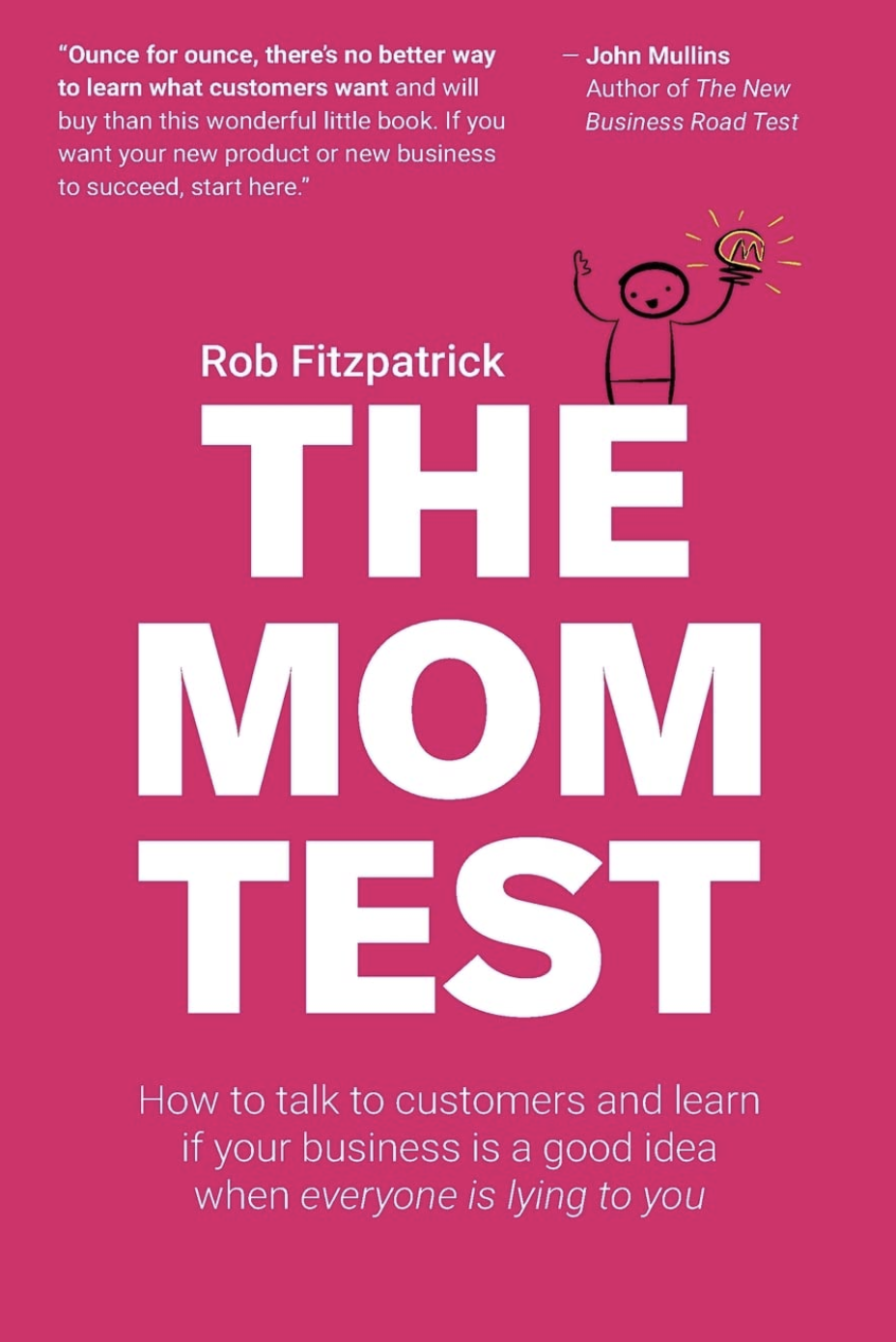You know what no one likes?
Vague fortune cookies. ”Soon, things will happen”
Or universal greeting cards. “Hey! Congrats on that thing!”
No one likes them because they are generic, unsatisfying, and forgettable. And like these unwanted gems, many SaaS products fall in a similar trap. They aim to please everyone but end up resonating with no one. They’re digital versions of the universal greeting card. “Hey! We solve that thing”.
Why do so many products end up this way? What makes this trap so easy to fall into? And crucially, as a builder, how can you create less boring products?
The most effective strategy I’ve discovered is to infuse products with clear, bold opinions.
What is an opinionated product?
Opinionated products are products that have an opinion about how a problem should be solved. And even more important, an opinion about how a problem should not be solved. Independent of negative customer feedback, slow growth, or both.
I first heard this idea from Jason Fried who is one of the founders of 37signals. They have a tool called Basecamp which is a project management tool. And as you can see from their landing page, not just any project management tool but an opinionated one.

You might look at their feature list and think, “Wow. That’s dumb. They don’t allow X?” But that’s the point. The product isn’t for you then.
There is someone else who thinks the exact opposite and those people would fit great as a customer at Basecamp.
The best part is neither of those potential customers has to waste time or money figuring that out. Right from the start, when you visit their website, you can tell the product has a clear, strong opinion.
Another great example is Whoop. The wearable device that helps you keep track of your sleep and activity. They will not show you a step count. Ever. Case closed.
Why? They have a bunch of reasons you can read about but the main reason is because they are opinionated. And in making that stance, as a customer of Whoop, I know what to expect when I continue to wear the device and it gives me a clear signal for what the overall vision of the product is. And guess what? I agree with the opinion which is why I’m a customer.

Even take a look at the numerous threads on Reddit of people complaining about “how easy of a feature it would be” or how “they are moving to Apple Watch if something doesn’t change”.
That is the sound of opinions in action and the perfect signal to know you’ve created something that has the potential to resonate.
Why I choose to be overly opinionated
The first (and possibly the only) thing that is needed to get more opinionated is to define, in excruciating detail:
- who is the customer?
- what is the problem?
It is simple but not easy.
Defining the customer, problem, and solution should be a closed loop — clear and tight.
If I can’t define all the pieces in such a way where one imaginary customer isn’t throwing their money at me, I need to keep digging.

Once I do find it, usually my solution is too opinionated. So I will strip away opinions until I reach some balance of opinion and appeal so the business can attract and retain enough customers to survive. The key thing, however, is I will always error on the side of too opinionated vs. not opinionated enough.
Why?
Benefits for builders
Even if I make the mistake of being too opinionated, my scope of work is usually so easy to wrap my arms around that timelines and tech stacks have no chance of scope creep. The opinions could only be created through extreme clarity which means the side effect is a straight forward scoping for me or my team.
In the tech space I often hear the mantra of “build fast”. I love it. I push for it everyday. But I’ve noticed a misconception of how “building fast” actually happens.
On one end of the spectrum, you can work longer or harder hours. This is where most people seem to start and usually stay. Grinding through multi-hour coding sessions to try and squeeze out an MVP or feature in a short period of time.
But the other way is so much easier. Just reduce your scope. And guess what the best way to reduce your scope is? Get opinionated on how you will solve whatever problem you are working on.
Plus if you still love grinding through long work sessions, you can do both. Then you’ll be like a rocket ship.
The other thing that took me a while to realize about the “build fast” mantra is it isn’t so much about building fast so you can sell the product faster and make money faster, but the true benefit is the speed you can start to throw your product against the walls of reality faster so you know where it sucks or doesn’t so you can refine your opinions and try again.
Here’s the luxury you get from defining clear opinions: unmatched clarity and focus.
Benefits for sellers
Building opinionated products is also a form of signaling.
You want the right customers attracted to your product. You are sending out a signal whether your product is opinionated or not so why not consciously choose that opinion early in the process?
But I can hear the push back: “I don’t want to narrow the funnel of potential customers too early, though?”
Yes you do. If you make a product and start getting random customer segments adopting and using the tool, congrats. But you got lucky. And now you have no idea how to repeat that process. So how are you going to retain them?
Also, when those random customer segments start demanding new features, who are you going to listen to first? How are you going to know which features to build and which ones to ignore?
“Build them all”. Lol. Please don’t do that.
When your funnel is focused and small at the beginning due to strong opinions, it is not only beneficial because all of those leads will be higher quality but it is also easier to predict the cause and effect relationships once growth or churn starts happening.
Your customers know their problem. You know the solution.
You might still be nervous to express your product opinions.
Let’s approach this through another angle.
In the book The Mom Test, the author discusses all the ways customer conversations can go off the rails through poor questions which lead to fake compliments. Just like your Mom would probably give you (Hi, Mom 👋).

One of the core lessons from the book is:
Your customers know the problem. You know the solution. Don’t get those roles confused.
A lack of opinions in your product means your customers will impart their opinions through the act of feedback and feature requests.
The only problem is whatever solution you come up with isn’t a solution in a vacuum. Since you are going through the trouble of trying to solve a problem, you probably want to make some money. Which means you are creating a business. In order for businesses to become profitable, a lot of moving pieces have to line up. Packaging, distribution, marketing channels, talent acquisition, capital allocation, etc. The list could be endless.
As the business owner, the more opinionated you are in how your solution works and doesn’t work, the easier it is to put the puzzle pieces together in a profitable way. This is your job. Not your customers’ job.
Don’t worry about upsetting customers with your opinionated product. They can’t possibly know all the moving parts needed to make the business profitable. Just like you can’t possibly pretend to know what their exact problem is.
The more opinionated your product, the easier you make it for your customer to know if the product is right for them and the more predictable you make the business.
Opinions are just hypotheses
Ultimately, opinions are much like hypotheses.
What is a hypothesis? Simply put, it’s an educated guess.
These guesses are loosely held—flexible yet informed by data, history, or intuition. This blend of knowledge and adaptability is crucial because it underscores a fundamental truth in product development:
To build a successful product, you must be willing to experiment, and to experiment effectively, you need solid hypotheses—or strong opinions.
You’re never stuck with a hypothesis. Changing it isn’t just allowed, it’s encouraged.
Without firm opinions to test, you lack a framework for meaningful experiments. You miss out on the crucial feedback that shows you the reality of how your product performs in front of real people.
That’s why I love strong (sometimes polarizing), opinions. They carve out a clear path for experimentation.
By continuously testing and refining these opinions, you create a cycle of feedback and improvement that pushes your product closer to what your customers truly need.
Through this relentless experimentation, your product doesn’t just evolve—it becomes more robust, more targeted, and ultimately, more successful.
There is art in opinionated products
At the heart of opinionated products lies a form of artistry. Imprinting a product with personality.
Products designed for “everyone” speak to no one.
A product is made by a business which is made of people. And people have personalities. Products should reflect those personalities.
I prefer to live in a world where those personalities aren’t just present but they’re bold and clear.
Take Basecamp, for instance. I don’t agree with a lot of their opinions. Which is why I’m not a customer. Yet, the existence of Basecamp enriches the market. It’s proof that when products boldly embody specific visions, the market becomes more vibrant, diverse, and engaging.
The value of an opinionated product isn’t just in its ability to satisfy its users. It’s in its ability to challenge the market, to provoke thought, and to inspire others—even those who disagree with it.
Let go of the seriousness. Play a little. Let your personality shine through and express those opinions through the act of creating interesting products.
By doing so, we don’t just create products, we create conversations. We create a world where products aren’t just used, but talked about, debated, and even celebrated for their distinct identities.
